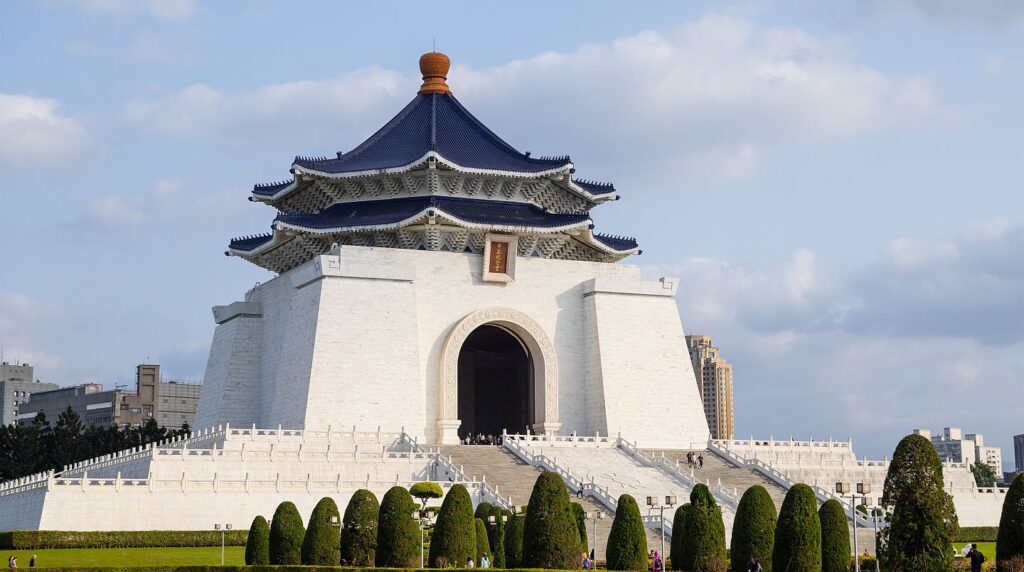When we learn about Taiwan’s history, one important figure we often hear about is Chiang Kai-shek. However, when talking to people in Taiwan, they might not recognize this name right away. If you explain a bit more, they’ll understand you’re referring to Jiang Zhongzheng. This might seem confusing, but let’s make it simple.
Chiang or Jiang?
Chiang Kai-shek’s family name is written as 蔣 in traditional Chinese. In English, it can be spelled in two ways: as “Chiang” or “Jiang.” This difference in spelling is because there are various ways to write Chinese words using English letters.
Jiang Zhongzheng and Chiang Chung Cheng
He was born with the name 蔣中正, which is pronounced “Jiang Zhongzheng” in Mandarin Chinese. When this name is spelled differently in English, it becomes “Chiang Chung Cheng.” This is the name many people in Taiwan might use.
Jiang Jieshi, Known as Chiang Kai-shek in Cantonese
During his younger years, he often went by the name 蔣介石, pronounced “Jiang Jieshi” in Mandarin. In Cantonese, a language spoken in Hong Kong, this same name is pronounced “Chiang Kai-shek.” That’s the name many history books use.
Using a Pseudonym: Jiang Ruiyuan
As a revolutionary, Chiang Kai-shek sometimes used a different name for safety. He chose 蔣瑞元, pronounced “Jiang Ruiyuan,” as a pseudonym or alias.
Why Different Names?
It was common in the past for significant figures to use various names for different purposes. It’s like having different titles for different parts of your life.
So, remember, whether you hear Chiang Kai-shek, Jiang Zhongzheng, Jiang Jieshi, or Jiang Ruiyuan, they all refer to the same person. Each name reflects a different aspect of his life and identity.

